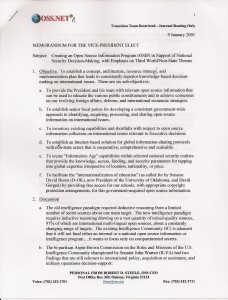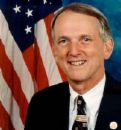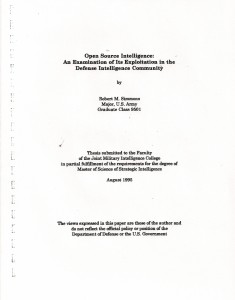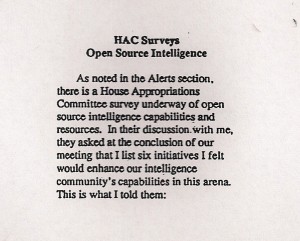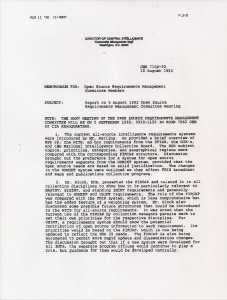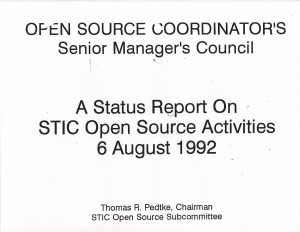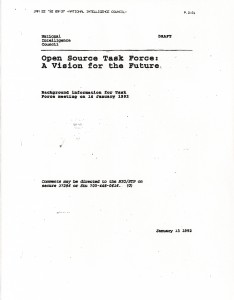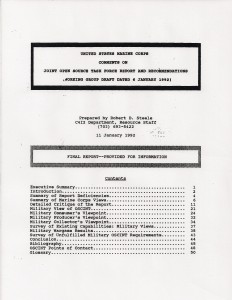The below memorandum was delivered to the Vice-President-elect via the Transitioin Team. Although Condi Rice, prodded by Kevin Scheid, did read a related memorandum on reforming national intelligence, and asked for a tailored one-pager on homeland security, the White House never really got it and Sean O'Keefe left the Office Management and Budget (OMB) before they could be briefed into a Presidential Initiative that was ready to go at $125M a year Initial Operating Capability, climbing to $2B a year at Full Operational Capability (FOC).
